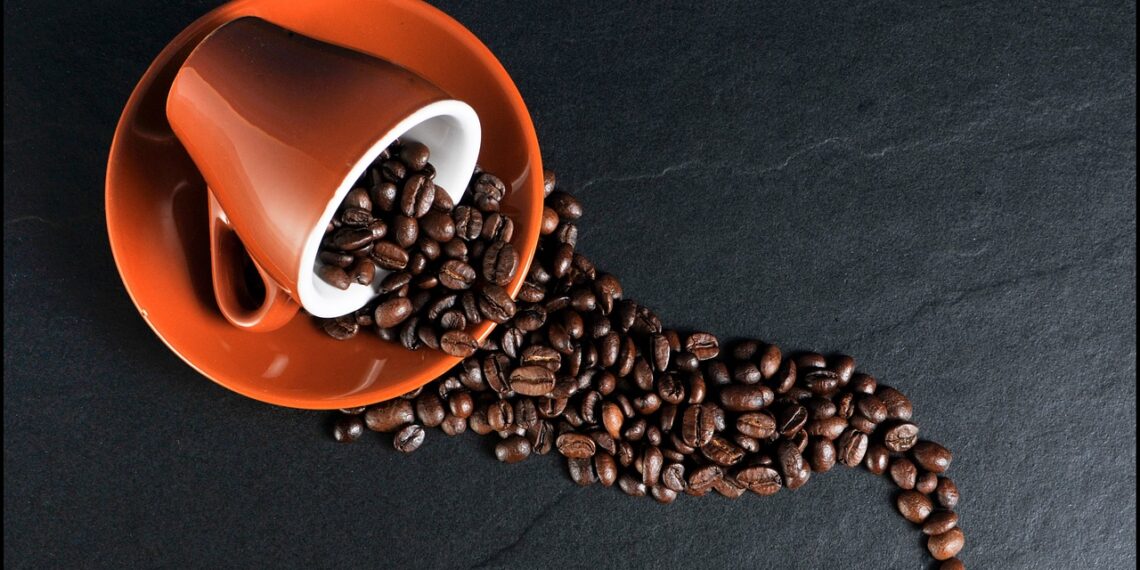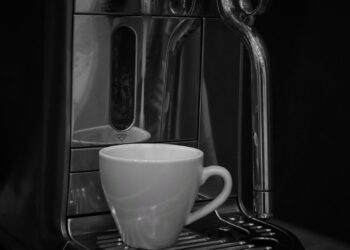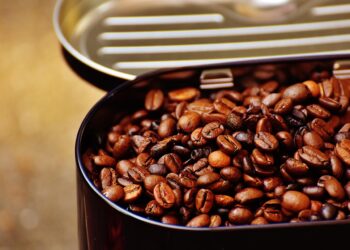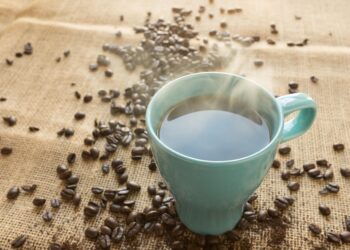Sip and Learn: An Introduction to Coffee Varieties and Brewing Techniques
Whether you are a seasoned barista or a coffee enthusiast looking to explore your palate, understanding the diverse world of coffee varieties and brewing techniques can enhance your coffee experience. In this comprehensive guide, we delve into the popular types of coffee beans, explore various brewing methods, and answer common questions to help you refine your coffee-making and tasting skills.
Understanding Coffee Varieties
Coffee beans vary widely in flavor, aroma, body, and acidity. These characteristics are influenced by the specific conditions under which the coffee is grown, including climate, soil, and altitude. The two most commonly cultivated coffee species are Arabica and Robusta, each offering unique taste profiles and brewing considerations.
1. Arabica Coffee
Arabica beans are prized for their complex flavors and smooth, aromatic qualities. They typically grow at high altitudes in Latin America, Eastern Africa, Asia, and Arabia. This variety tends to have a higher acidity and less bitterness compared to Robusta.
2. Robusta Coffee
Robusta beans have a stronger, more assertive flavor profile and a higher caffeine content than Arabica. They thrive at lower altitudes and are predominantly grown in Africa and Indonesia. Robusta is often favored for its bold and somewhat nutty or chocolaty tones.
Diving Into Coffee Regions
The origin of coffee beans significantly affects their flavor profiles. Here’s a quick overview of notable coffee-growing regions:
Latin America
Countries like Brazil, Colombia, and Guatemala produce coffees that are often balanced, with a good mix of sweetness and acidity, making them suitable for a wide range of brewing methods.
Africa
African coffees, especially those from Ethiopia and Kenya, are known for their floral and fruity flavors, often with hints of berry or winey notes, making them exciting choices for adventurous coffee lovers.
Asia
Indonesian and Vietnamese coffees are typically rich and full-bodied with a distinct earthiness. These beans can produce an exceptionally smooth brew with very little acidity.
Exploring Brewing Techniques
Brewing the perfect cup of coffee is an art that involves understanding the characteristics of your chosen bean and matching them with the right brewing method.
1. Drip Coffee Brewing
This popular method involves hot water dripping over coffee grounds, passing through a filter. Machines that perform this include automatic coffee makers and single-serve pod devices, ideal for convenience and consistency.
2. Espresso Brewing
Espresso is made by forcing a small amount of nearly boiling water through finely-ground coffee beans. This technique produces a dense, highly concentrated coffee shot and serves as the base for lattes, cappuccinos, and other espresso-based drinks.
3. French Press
Known for its rich and full-bodied flavor, the French Press allows coffee grounds to steep directly in hot water before being separated by a manual plunger, capturing more of the coffee’s oils and flavors.
4. Pour Over
This method involves pouring boiling water over coffee grounds housed in a filter. It allows for a lot of customization in terms of brewing time and temperature, making it popular among coffee aficionados.
5. Cold Brew
Cold brew coffee is made by steeping coffee grounds in cold water for several hours. The result is a smoother, naturally sweet, and less acidic brew, ideal for those who find hot brewed coffee too harsh on the stomach.
Tips to Enhance Your Coffee Experience
Maximizing the taste and enjoyment of coffee can be achieved with several practical tips:
- Grind Fresh: Coffee beans begin to lose their flavor shortly after grinding. For the freshest taste, grind beans just before brewing.
- Water Quality: Use clean, filtered water as chlorine and other chemicals in tap water can affect the final taste.
- Correct Ratios: Follow the recommended water to coffee ratios for each brewing method to avoid an overly strong or weak brew.
- Proper Storage: Store coffee beans in an airtight container away from light and moisture to preserve their freshness.
Common Questions About Coffee Brewing
What is the best temperature for brewing coffee?
The ideal brewing temperature is around 195°F to 205°F. Temperatures below this can lead to under-extracted coffee, while higher temperatures might cause over-extraction.
How long should I brew my coffee?
The brewing time varies depending on the method, but generally, it should be about 2-4 minutes for drip and pour-over, around 20 seconds for espresso, and 4 minutes for French press.
Can I reuse coffee grounds?
While reusing coffee grounds can save money, it usually results in a weaker cup that lacks the depth and flavor of coffee made with fresh grounds.
By exploring different varieties and brewing techniques, you deepen your appreciation of coffee and enhance your daily coffee rituals. Whether it’s the robust energy of a morning espresso or the soothing aroma of a late-night French press, coffee offers a versatile and enriching experience for everyone.
Start experimenting with different beans and methods today and discover your perfect cup of coffee!





